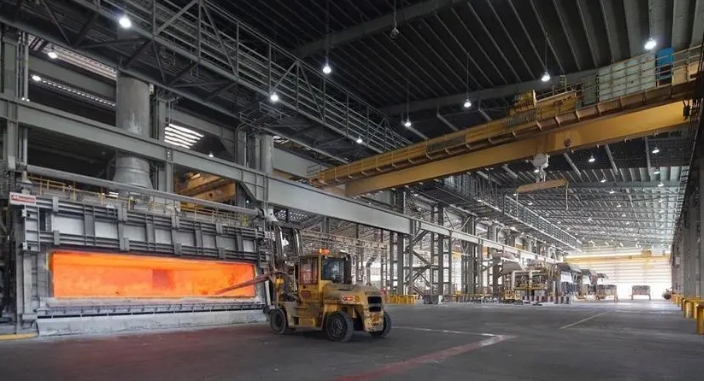
In the nuclear industry, calcined petroleum coke is used to make fuel for a nuclear reactor. It is produced from a petroleum byproduct that is made during the refinement of crude oil. This product, which has a very high calorific level, is often used in the power generation of nuclear reactors. The market for calcined petrol coke will grow as the demand for electricity in the world increases.
Calcined petroleum coke is a dark-colored, refractory material that is formed by the thermal decomposition of crude oil. It changes its chemical composition and makes it less fragile. It is used in many applications due to its low ash content and high carbon content. This fuel can also be used in power plants and cement kilns. It's an important material used in the manufacture of aluminum and iron.
The global market for calcined petrol coke is forecast to expand rapidly over the next five years. This is mainly because of the growing need for energy in various industries. As energy demand increases, so does the need to build new structures and undertake infrastructure projects. Cement and metalurgical material demand is increasing. This will lead to a further expansion of the calcined petrol coke market due to an increase in the use of household electric appliances. Increased consumption of both green and brown petroleum coke will result.

This market's growth is also driven largely by the demand for metals, such as aluminum and titanium. The rapid growth of the manufacturing industry is responsible for this. The increasing steel demand is also accelerating a number of infrastructure projects. These factors are expected to drive the growth of the calcined petroleum coke market in the near future.
GPC has to undergo calcining, a type of thermal treatment. This transforms the coke's refractory and electrically non-conductive structure into a more ordered form with acceptable properties. Also, it is necessary to reduce GPC's level of sulphur.
In the past the vast majority of GPC fuel was used in boilers at refineries. In recent years, calcining units have been converting some coke from anode to another grade. This trend should continue.
GPC's GPC Supply Chain is a Complex one. The availability of fuel-grade coke is limited, especially in North America and Europe. Due to the shortage, prices have reached record levels. Due to the lower demand in Europe and the dockworkers strike, the price of CFR Hamburg has dropped. Demand will also be affected by a weak construction sector in Europe. The coal prices are still expected to rise by the end the year. As a result, the calcined petroleum coke market is likely to experience a volatile period during the forecast period.

Write a Message